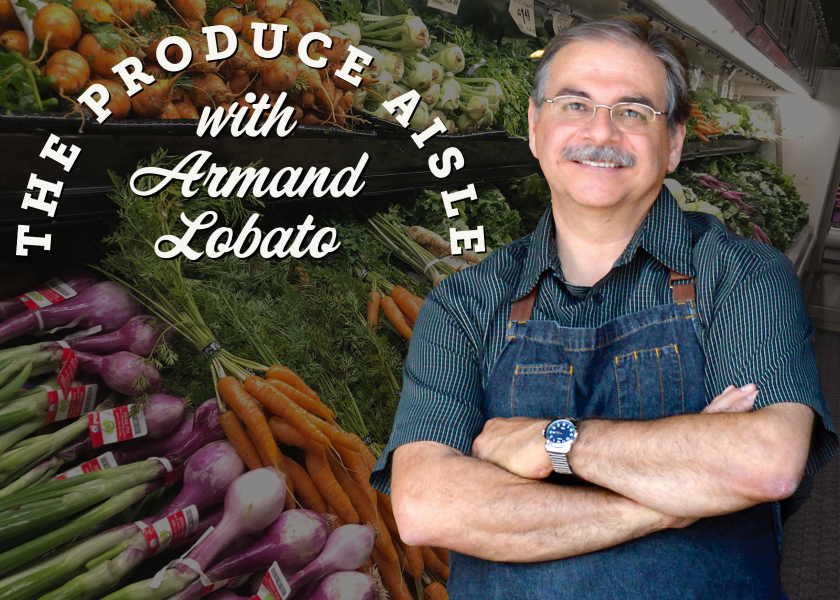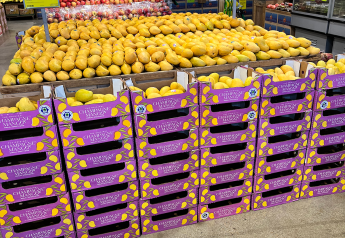Keep it ‘chewy,’ make it count

I went to college late in life, finishing at the ripe old age of 55. I discovered that many familiar learning tools had long been phased out: chalkboards, in-person lectures (my kids humorously suggested including things to this list here such as inkwells or the use of an abacus). My newer, old-man school experience included flash drives, downloaded textbooks, apps and, of course, the whole “internet at your fingertips:” the cloud.
Classes online, in case you’re not aware, consist of students participating as schedules allow. One professor who taught a particularly intense writing course required that, when students submitted input in response to readings or other discussion, their participation be of thoughtful substance; that the student demonstrated obvious evidence of study or, in her words, submit a substantial, “chewy” contribution to the discussion. Any abrupt or halfhearted posts such as “I found it interesting” or “I agree” didn’t make the grade.
Just as going through the motions in courses may not accomplish much, the same can be said for the produce aisle.
Produce-stocking productivity can be tricky. After all, consider clerk A who stocks four cases of bananas. This can usually be completed in just a few minutes. Meanwhile, clerk B is tasked with rotating and hand-stacking a similar volume of leafy greens, or nectarines – it’s going to take longer. So, is clerk A the more productive clerk? Not necessarily.
Produce-stocking productivity can vary greatly from one crew to a comparable-volume store and crew down the street. Factors such as product knowledge, training backgrounds, even the time of year all play a part. It takes longer to stock mature stone fruit in August, for example, compared to oranges in December.
I’ve been involved in service standards operations studies, which observed clerks performing duties that ranged from how long it takes to trim and prep a case of celery to the time it takes to unload and properly break down a full semi. Which also depends on time of day, quality of electric jack and other equipment, available space, how organized or prepared a crew is; even the physical distance from the dock doors to the produce cooler varies from one store to another.
All of this makes working, managing and scheduling a produce department at some stores easier, or more difficult, than another. Even using high-tech labor scheduling formulas, an exact science it isn’t.
However, all these studies and variables don’t account for one glaring aspect: intensity. Some call it will, or (my favorite) “a sense of urgency.” The sense of urgency is what helps drive any produce clerk or crew into meeting many of the difficult labor challenges faced each day. It’s comparable to how a struggling football team, needing a touchdown late in the fourth quarter, can somehow find new life and perform like it hasn’t up to that point.
Related: ‘P’ is for promptly, promoting, peddling, perfect produce
I’ve seen clerks go through their shifts at a lackadaisical pace, only to fall behind and then walk out the door, leaving an extraordinary amount of work for the next shift to catch up on. A good produce manager must be the one to set the pace that they expect the crew to follow. It helps at an early point to lay it on the line: “I expect you guys to have all these tables rotated and fully stocked by the time you leave today.”
Everything else (experience, skill level) being equal, at least this sets a goal, indicating not only to have things done well, but done at a speed that requires concentration and efficiency.
It begins with good training, but constant vigilance and encouragement, as well. Good produce managers don’t expect their clerks to work unsafely, overexert themselves or skip breaks. However, they must challenge and engrain in them to hustle, to stay positive and “work smarter, not harder;” to work as a team and be on the lookout for what’s next on the list to accomplish. As one manager coached, “Set your time and list your priorities. Make every effort count.”
Or, as my professor would say, keep it chewy.
More from Lobato:







